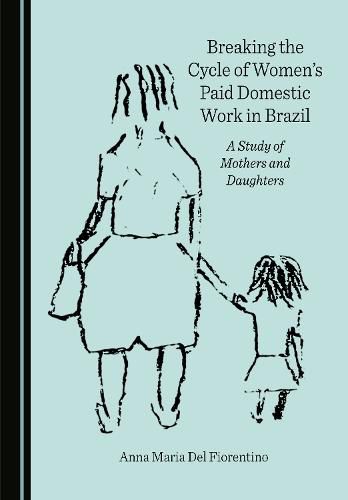Readings Newsletter
Become a Readings Member to make your shopping experience even easier.
Sign in or sign up for free!
You’re not far away from qualifying for FREE standard shipping within Australia
You’ve qualified for FREE standard shipping within Australia
The cart is loading…






Widening access to higher education has been a political issue in Brazil for a long time, but only in the early 2000s was the education system changed radically. Affirmative action policies were combined with the expansion of the network of federal universities and new funding programmes for higher education. This created a generation of people who are the first within their families to go to university.This book portrays the life stories of mothers who are paid domestic workers in Brazil, and their daughters who belong to the first generation to obtain a higher education degree. The author investigates experiences of social mobility of the first-generation university entrants in contemporary Brazil from a novel perspective - the family dynamics between mothers and daughters. The book introduces the concept of intertwined memories to show how the mechanism of transmission of memories between mothers and daughters drove these women to a relationship of mutual support. This transformed trauma into empowerment, breaking vicious cycles of inequalities and poor mental health among these women.
$9.00 standard shipping within Australia
FREE standard shipping within Australia for orders over $100.00
Express & International shipping calculated at checkout
Widening access to higher education has been a political issue in Brazil for a long time, but only in the early 2000s was the education system changed radically. Affirmative action policies were combined with the expansion of the network of federal universities and new funding programmes for higher education. This created a generation of people who are the first within their families to go to university.This book portrays the life stories of mothers who are paid domestic workers in Brazil, and their daughters who belong to the first generation to obtain a higher education degree. The author investigates experiences of social mobility of the first-generation university entrants in contemporary Brazil from a novel perspective - the family dynamics between mothers and daughters. The book introduces the concept of intertwined memories to show how the mechanism of transmission of memories between mothers and daughters drove these women to a relationship of mutual support. This transformed trauma into empowerment, breaking vicious cycles of inequalities and poor mental health among these women.